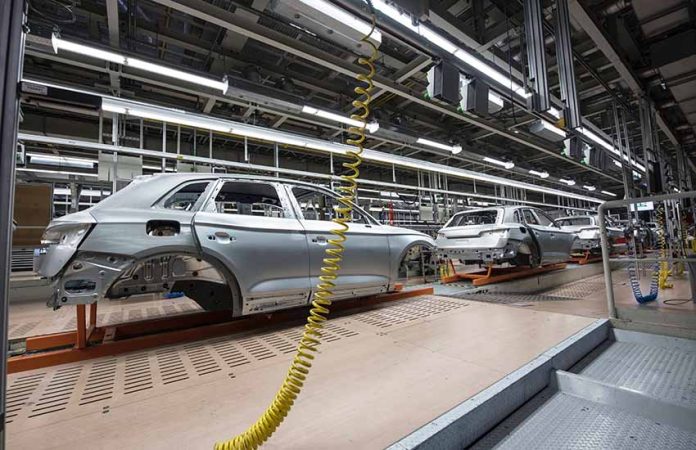With 120,862 units sold in December, new car sales grew 24% compared to the 97,420 cars sold in the same period of the previous year, Mexico’s statistics agency INEGI reported. December’s peak even exceeds November sales by 26.5% percent.
According to newspaper El Financiero, sales in the automotive industry have shown a recovery amid complications that persist in the global supply chain caused by the pandemic, particularly the lack of inventory due to the global shortage of chips in international and national assemblers.
However, Mexico’s recovery registered an increase of 7% compared to 2021 with an overall sale of 1.08 million new units throughout 2022.
This data marks the second annual growth rate since Covid-19 but falls 17.6% behind pre-pandemic numbers, which in 2019 registered sales of 1.3 million new cars sold.
Still, sales during 2022 exceeded expectations of the Mexican Association of Car Dealers (AMDA) by 11.3%, who early in December had estimated year-end sales of 1.07 million units.
“The results for December reflect an improvement in the inventory level, which, although differentiated between brands, has resulted in an improvement over the previous lag,” AMDA President Guillermo Rosales said.
In addition to the lack of inventory, Mexico’s new cars sales market may have also seen a contraction due to Mexico’s forgiveness program for illegally imported cars, launched this year by President López Obrador. This new regulation allows for used cars coming from the United States (colloquially known as autos chocolate) to be legalized in Mexico.
These cars have frequently been brought to Mexico for sale in poor, rural communities or by farmers as an affordable alternative to an economically inaccessible new or even a used car from a dealer. Also, many foreign residents in Mexico have ended up with “chocolate cars” due to Mexico’s regulations for importing a car on a permanent basis.
Federal and state officials say they are pursuing the amnesty program in part to document more cars on the road to prevent them being used in crimes, where they would be virtually untraceable.
AMDA has continually denounced the program (which extended its deadline to March 2023) claiming that it creates unfair competition with legally sold cars in the country. In December, they blamed the amnesty program for reducing new car sales in Mexico by 200,000 units in 2022.
But despite the difficulties in the industry’s production and logistics, the newspaper El Financiero reported that experts anticipate that the increase in rates due to inflation and consumption would stimulate greater vehicle financing, which would help to recover sales levels of new cars in the coming years.
With reports from El Financiero and La Verdad Noticias
